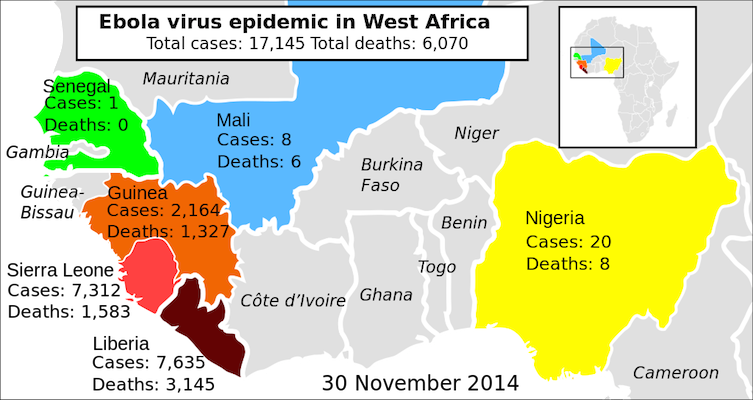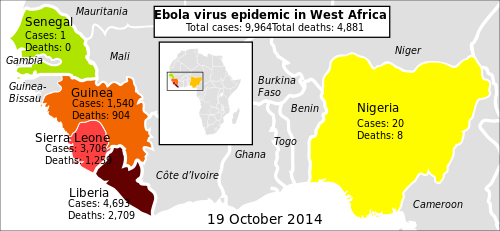#AJEOpinion: Use of untested #Ebola drug on Africans must not go unpunished http://t.co/UvnGA18ykn pic.twitter.com/VvWIRw6E4C
— Al Jazeera English (@AJEnglish) January 3, 2015
The Al Jazeera headline above is misleading and would be way scarier if corrected: It’s not an “Ebola drug” being tested on Africans, it’s a completely unrelated drug (a heart medication) that some Italian NGO decided unilaterally also works against Ebola, even though it doesn’t and there’s no evidence to support that claim. British medics are saying that they think the use of this drug is actually killing more patients with Ebola, and the British government demanded that the Italians stop using it. It was also not approved for use by the local government.
As the Liberian author of the Al Jazeera piece says, abuses like this are exactly why locals don’t trust “Western medicine” in the first place. From the colonial era to — as she discusses — Tuskegee and Guatemala, or even to the more recent fake CIA vaccination program in Pakistan, there are simply a lot of good reasons for the poor and vulnerable populations of the world to fear medical “assistance” from Western governments and doctors. This disgusting abuse in Sierra Leone is only likely to worsen that fear, even as local medical facilities and staff have been completely overwhelmed and outsiders have become necessary to halt the outbreak.
Moreover, the author notes that Ebola has been around since 1975, so “urgency” is hardly a valid excuse to throw all the ethical rules of drug testing out the window.

Credit: Wikimedia




